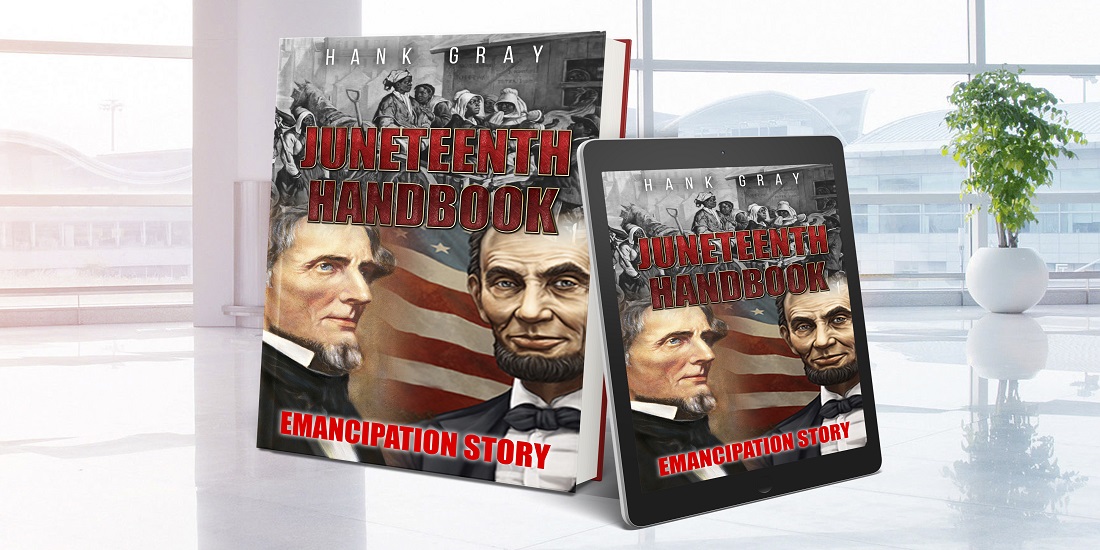In West Africa, where most of the slaves involved in the Atlantic Slave Trade came from, the religion of Vodun was practiced by at least 30 million people in Ghana, Togo, and Benin. Vodun, with its, numerous deities, spirit possessions, and animal sacrifices is one of the African religions that has, in my opinion, become the most misunderstood religions on this planet. In the eyes of people who bought and sold slaves the concept of paganism was used to justify the enslavement of African people and to separate them from their original religion.
In the Americas, the African religion of Vodun was renamed Voodoo and scorned by the none Vodun believers, made up of European and colonial slave owners and colonial slave merchants. The slave owners sought to do away with the ritual and tradition associated with the African religion and to perform a Christian conversion of their growing population of enslaved African people to the more refined and documented religion of Christianity. Over the years many slaves did let go of their religious umbilical connection to the motherland of Africa and grew apart from their religion that emphasized a more harmonious balance between the spiritual world and nature.
For a time many of the newly converted Africans still found ways to incorporate some of their African rituals into their Christian beliefs and in the South American places where they were left to practice their brand of Christian mixed with African religious way some of their African religious roots can still be found today. In North America, just about all of the African religious roots have disappeared, by separating the African American slaves from their cosmologies, rituals, and rites that they still clung to. Gone were their cultural expression, in song, dance, stories, and knowledge of the healing arts. As a result, Vodun turned Voodoo, continued to be demonized by the promoters of Christianity who viewed Voodoo as mere superstitions, that without a written text, was considered worthy only of being labeled heathen, and looked upon by the Christians as idolatry.
In fact, s variety of polytheistic religions had existed on the African continent for example, for centuries the African continent had fallen under Islamic influence so, in fact, not all African religions were without documentation (or written text) and not all the Africans shipped to the Americas were unable to read. The majority of African slaves may not have been able to read English, but many could read Arabic. Sprinkled throughout the colonies were small groups of practicing Muslim Africans that had a tendency to be pointed out by the slave merchants as exceptional slave labor groups. During the early part of the nineteenth century, a larger number of Islamic slaves would end up in northeast Brazil than all of the colonies and it would be the Muslim slave's that would provide a greater source of trouble and discontentment for their owners.
Portuguese missionaries had actually introduced European Christianity in places on the African West Coast in the fifteenth century making some slaves familiar with Christianity even before they were robbed of their freedom. The Old Testament spoke of the condition of the enslaved and nurtured within those slaves listening to the words of the bible the belief in future equality and freedom. Many of the slaves converting to Christianity would come to visualization Christianity as a possible way to freedom, and as more of the slave population converted to Christianity slaveholders came to the realization that one day the Christianization of the slaves might lead to a demand of emancipation
In a way, the slave owners were right freedom was a word those who owned slaves didn't want to hear when it came to their slaves but eventually members of the churches, Quakers, Abolitionist, and American Indians would begin assisting slaves who would choose to emancipate themselves. Word had reached many slaves in the colonies that in Florida the Spanish held out the promise of freedom as a reward to any slave willing to undergo conversion to Christianity; which prompted the 1667 law passed in Virginia that stated conversion to Christianity did not change the status of a person from slave to free. As evangelicals and preachers drew more and more Africans born in America into the chapels and churches in North America their Christian conversion would just about do away with the religion brought to North America by the enslaved Africans. Through it all, some African descendant with the desire to hold on to the old African beliefs changed and adapted to their worship to their new circumstance.
That's why in places where the African descendants were given their own social space remnants of the old African religion can still be found in distinctive local forms like Santeria in Cuba, Voodoo in Haiti


